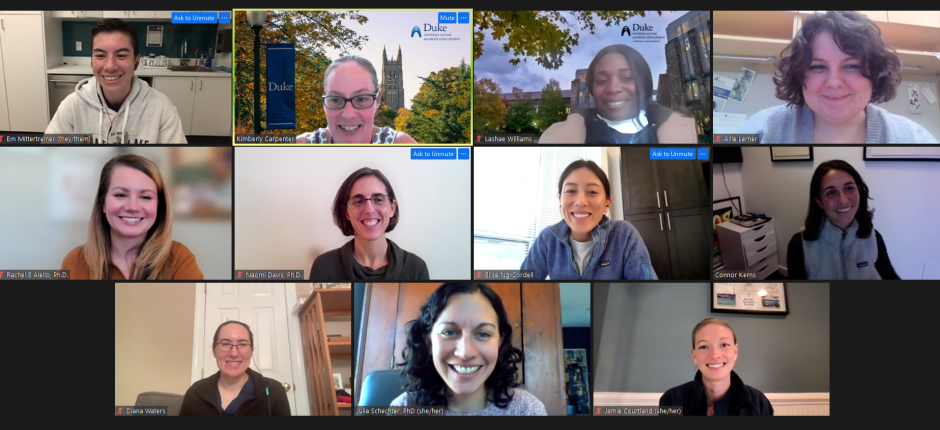SCHEMA 2.0 Study

The Social Communication, Historical Exclusion, Memory and Affect (SCHEMA) Study 2.0
We all have an innate connection to social information, shaping our learning, communication, and sense of belonging. However, misinterpreting social cues can lead to confusion and isolation, impacting our well-being. SCHEMA 2.0 aims to explore how individual differences in emotional and social processing influence social skills and feelings of disconnection in young adults.
Who can participate in the study?
To participate, participants must be…
- fluent in English
- Aged 18-30 years
- have no history of colour blindness, intellectual disability, psychosis, seizure, epilepsy, eye surgeries, head injury (last 6 months), eye movement abnormalities, glasses with more than one power
Participants receive $20 per hour in the form of any electronic gift card of your choosing.
What to expect in the study:
SCHEMA 2.0 is a three-part study that includes one in-person visit at UBC (1-2 hours) involving eye tracking and two online sessions (45 minutes each). The study takes approximately 2.5 hours (for non-autistic participants) to 3.5 hours total (for autistic participants).
How do I participate in the study?
If you are interested in participating in this study, please fill out the eligibility screener survey (~3 min) here.
Pathways Project

The Pathways Project is a longitudinal study with a non-experimental approach. This study has been collecting data from the same participants repeatedly over the last 19 years with the goal of following trends in the development of autism. The study began collecting data from children who were aged 2-4 y/o in 2003 and is one of the largest longitudinal studies in the world researching autism development. Click here to learn more.
Fragile X Study
Fragile X study is a collaboration with University of South Carolina aiming to bridge existing knowledge gaps about anxiety in fragile X syndrome and autism by investigating its development, early risk factors, and impact on functional impairment during childhood.
Autism HERO Project
Anxiety and ADHD commonly co-occur with autism, and have both shared and unique behavioural presentations among autistic individuals. The Autism HERO project is a collaboration with Duke University that aims to understand how these co-occurring disorders relate to the behavioural and clinical presentation of autism in young children.

More about Autism HERO
For this study, a team of clinical psychologists has been conducting rigorous assessments for ADHD and anxiety disorders, as well as behavioural and neurobiological characteristics, among a sample of autistic children. This will enable the team to group autistic children according to whether they have co-occurring anxiety and/or ADHD. The team will study these subgroups further in order to identify how anxiety and ADHD are differentially related to biomarkers of social attention, sensory processing, and affective engagement among autistic children. The team will also investigate how differences in attention and executive functions – cognitive characteristics common to ASD, anxiety, and ADHD – may impact autistic children when anxiety or ADHD is present.
Click here to learn more about the Autism HERO project!
Meet the Autism HERO Team!
